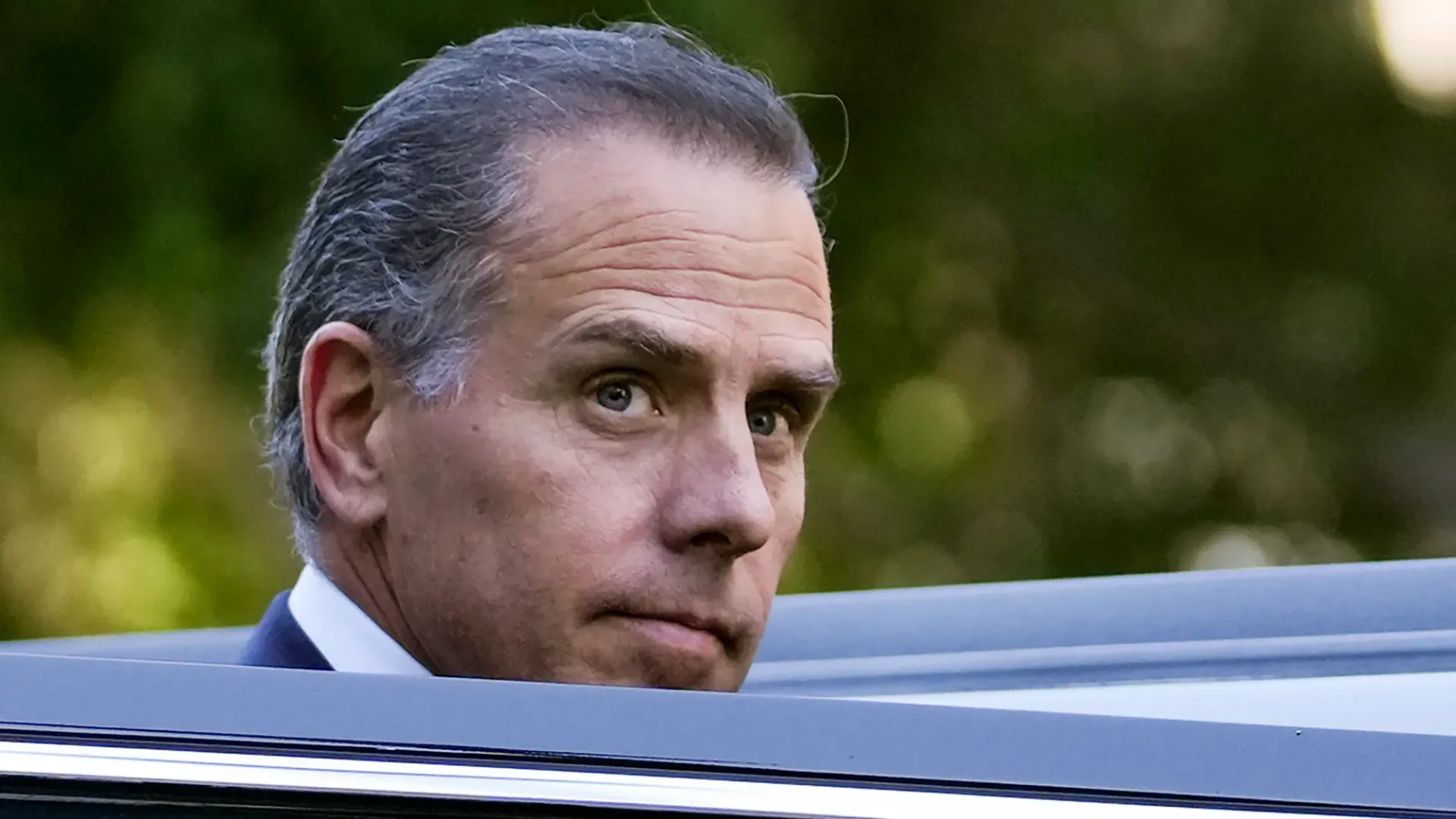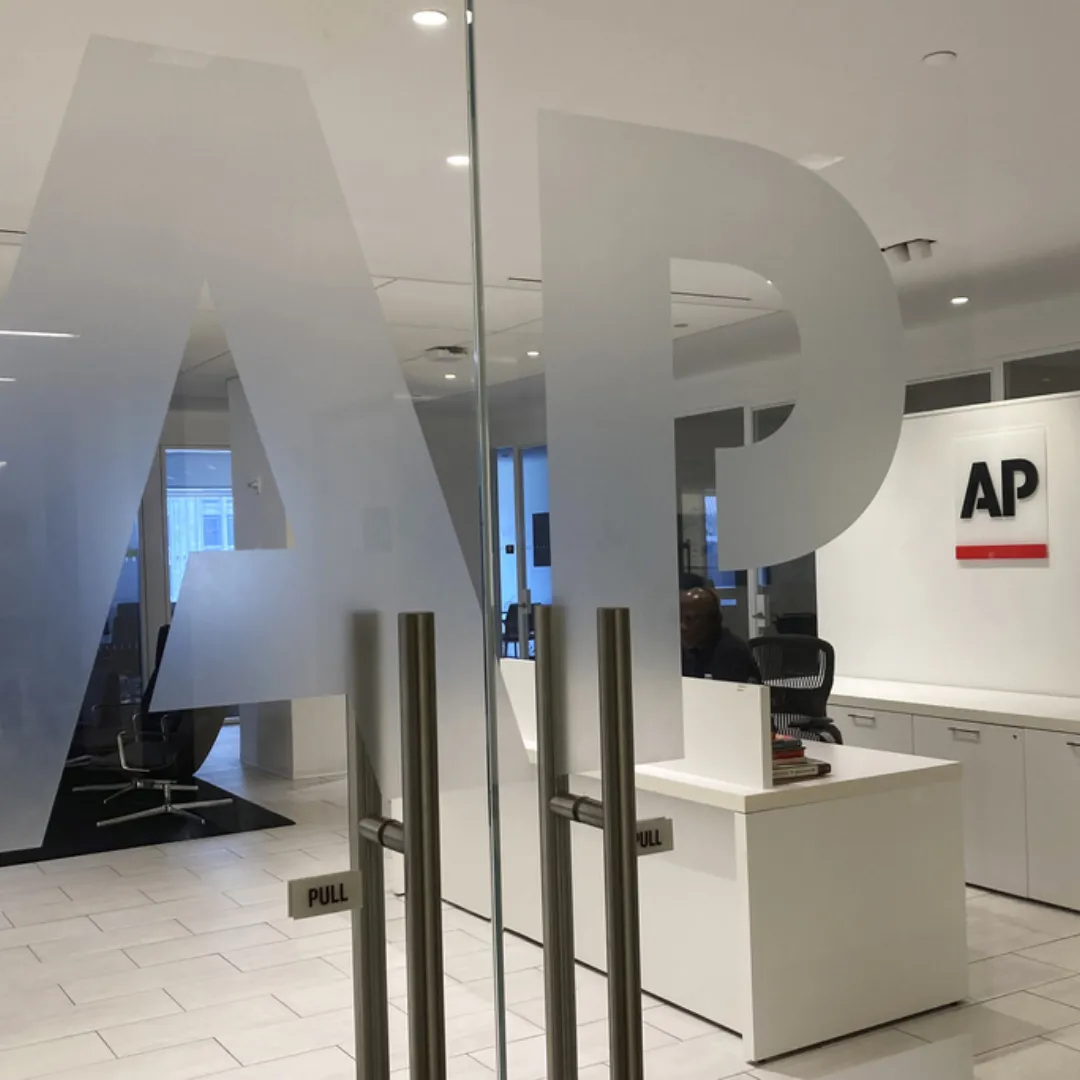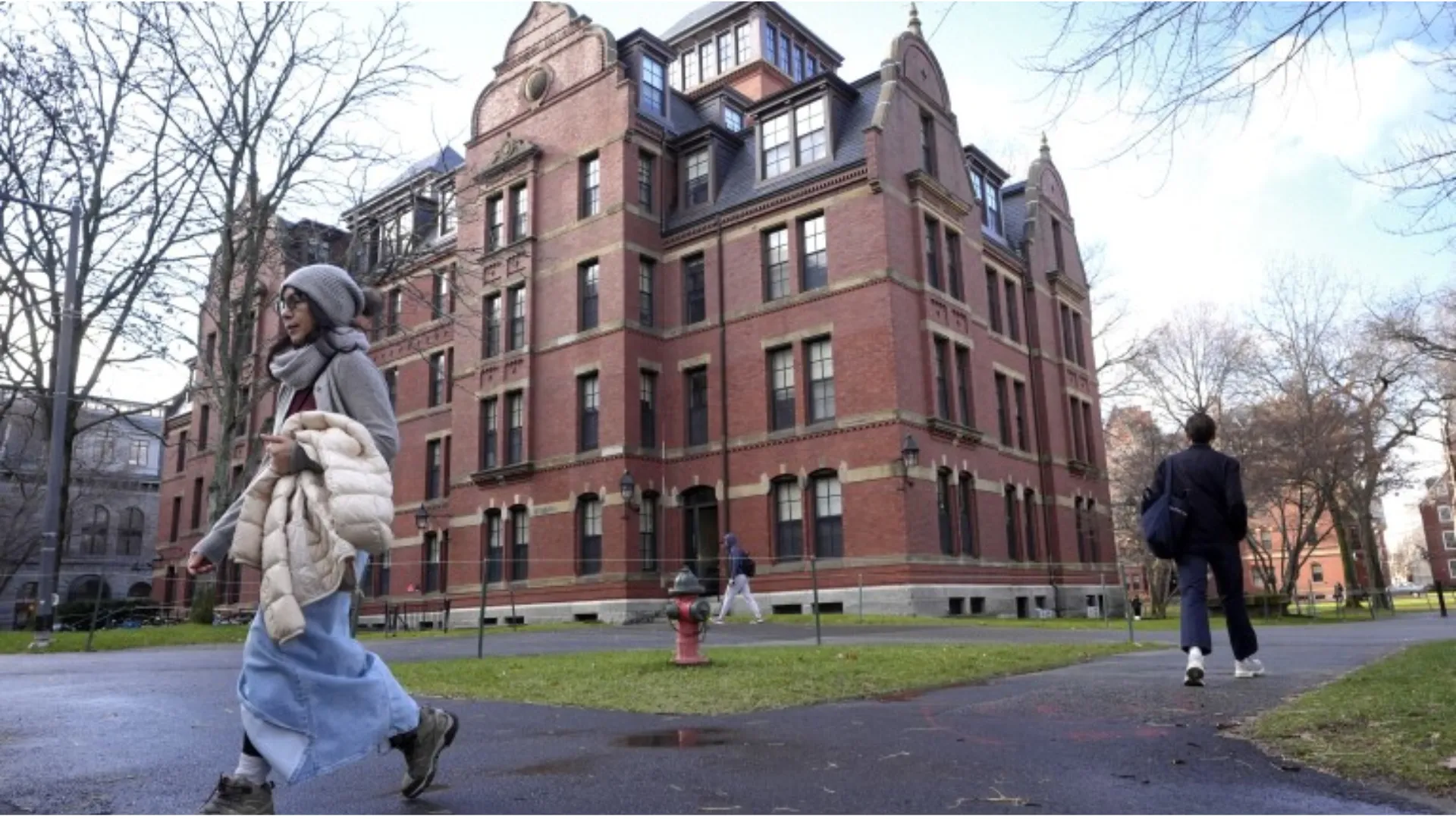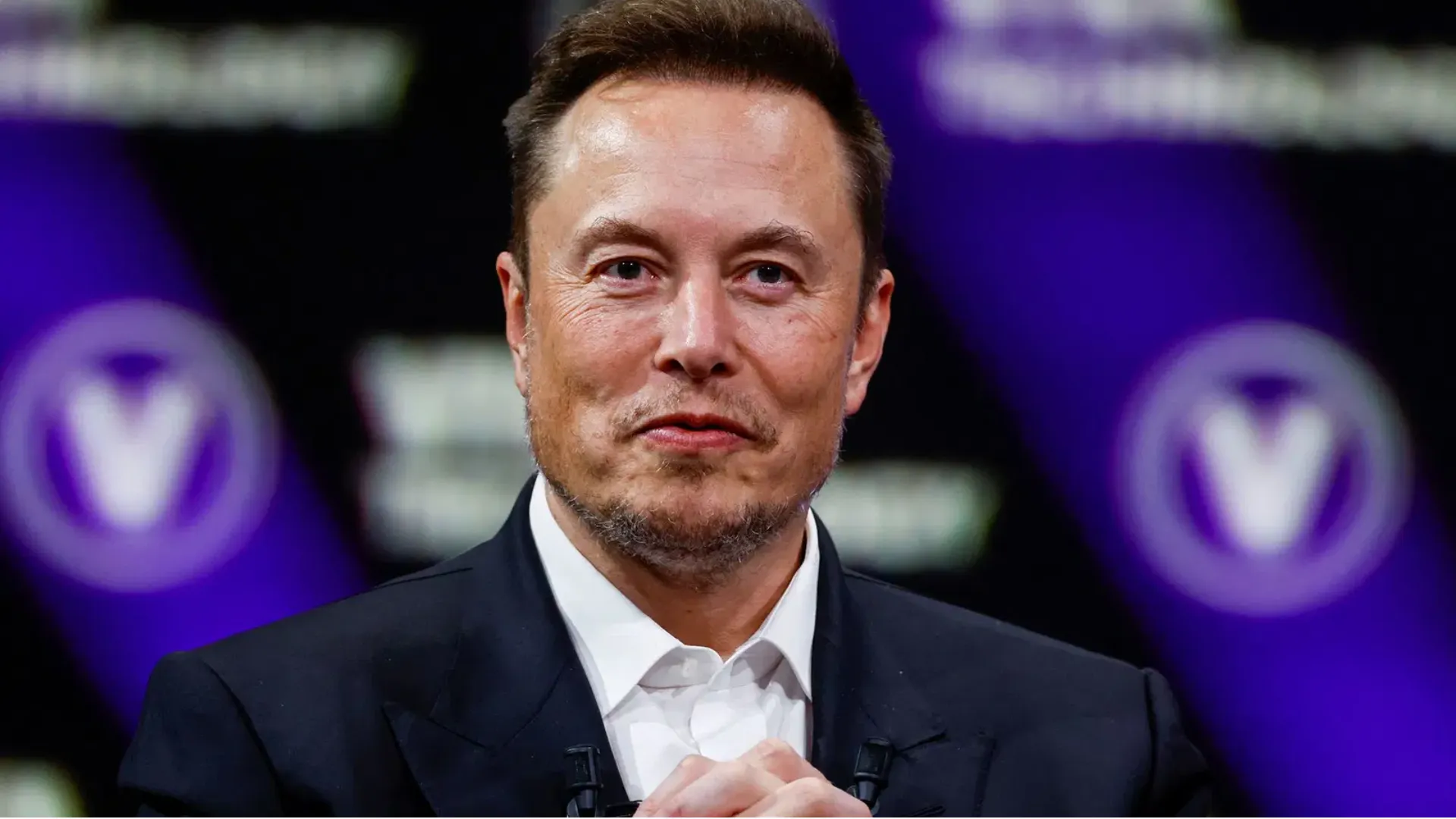A public feud is boiling over between two of the most high-profile figures in President Donald Trump’s second-term administration: Peter Navarro, the president’s hardline trade adviser, and Elon Musk, tech billionaire and head of both Tesla and the controversial new Department of Government Efficiency.
Navarro, long seen as the architect of Trump’s aggressive tariff strategy, dismissed Musk on Monday as little more than a “car assembler” after Musk publicly called for zero tariffs between the U.S. and Europe — a move that would undercut Trump’s sweeping tariff plans.
“When it comes to tariffs and trade,” Navarro told CNBC, “Elon is a car manufacturer — but he’s not a car manufacturer. He’s a car assembler.”
He added pointedly: “He wants the cheap foreign parts.”
Musk made his comments during a video appearance at a political conference hosted by Italy’s far-right League Party, where he proposed the U.S. and European Union create a “zero tariff zone,” calling it a chance to boost global collaboration and stabilize markets.
His timing couldn’t have been more politically explosive.
Just days earlier, Trump announced a broad tariff plan targeting imports from nearly 60 countries, including a 20% tariff on goods from the European Union. The plan has rattled markets and stirred backlash from American allies.
Musk’s remarks directly undercut the administration’s messaging — and Navarro wasn’t having it.
“He’s a car person,” Navarro said. “That’s what he does. And he wants the cheap foreign parts.”

The clash is about more than economics. Navarro and Musk, once uneasy collaborators under the Trump umbrella, have been increasingly at odds since Musk’s appointment to lead the Department of Government Efficiency (DOGE), where he has pushed mass layoffs, privatizations, and agency consolidations.
Over the weekend, Musk took to X (formerly Twitter) to poke at Navarro’s credentials, saying: “Peter’s PhD in Econ from Harvard is a bad thing, not a good thing.”
Navarro brushed off the insult on CNBC, saying the two would likely “see each other at the White House Monday”, but he made clear the disagreement wasn’t going away.
“The difference is in our thinking,” Navarro said. “We want the tires made in Akron. We want the transmissions made in Indianapolis. We want the engines made in Flint and Saginaw. And we want the cars manufactured here.”
Musk’s comments come at a time when Tesla is struggling. The company’s stock is down nearly 50% from its 52-week high, and quarterly sales have plunged, largely due to consumer backlash against Musk’s work within the federal government.
Critics argue that Musk’s government role — where he has been tasked with cutting “waste” — has involved gutting essential programs, laying off thousands of federal workers, and pushing deregulation that benefits his companies.
Now, with the auto industry directly in the crosshairs of Trump’s trade war, Tesla is feeling the heat.
“Musk is stuck between his own supply chains and a White House that’s more interested in optics than outcomes,” said one former Commerce Department official. “And Peter Navarro sees him as a threat to the narrative.”
Trump’s latest wave of tariffs has been framed as a push to bring jobs back to the U.S. and restore domestic manufacturing. But economists warn that the strategy is already backfiring.
On Monday, the S&P 500 plunged, pushing it further into bear market territory, and sending a ripple of panic through Wall Street.
Global investors, facing uncertainty about trade relations and rising costs of imported goods, are pulling back — and American consumers are already feeling the pinch in higher prices for electronics, appliances, and vehicles.
“Elon Musk’s push for zero tariffs makes sense from an economic standpoint,” said a Brookings Institution economist. “But politics isn’t running on economics right now — it’s running on theater.”
Navarro’s accusation that Tesla is “assembled, not manufactured” in America is a loaded one.
Like many modern tech companies, Tesla relies on a global network of suppliers. Key parts for its electric vehicles — including batteries, chips, and body components — are sourced from Japan, China, South Korea, and Taiwan.
Tesla does assemble its cars in U.S.-based factories, but Navarro argues that’s not enough to justify Musk’s “free trade” rhetoric.
“We don’t want to assemble the world’s car parts in America,” he said. “We want to build American cars from American parts.”
The comment taps into a key divide within the Trump administration: whether “Made in America” means final assembly — or full production from start to finish.
The feud between Navarro and Musk is more than a policy disagreement — it’s a battle for control inside Trump’s inner circle.
Navarro, a long-serving loyalist and economic hawk, has been one of the most influential voices in shaping the president’s trade policies. Musk, meanwhile, has become the administration’s face of innovation and disruption — and his access to Trump is growing.
But their visions of America’s economic future are fundamentally at odds.
Navarro is focused on rebuilding traditional manufacturing hubs, with blue-collar jobs in Midwest towns. Musk wants tech-driven transformation, with automation, artificial intelligence, and lean government.
And now that the two are openly trading jabs in the press, the rivalry may be reaching a point of no return.
Behind the scenes, administration insiders say the conflict is forcing White House staff and agency heads to choose allegiances.
Trade officials have reportedly sided with Navarro, warning that Musk’s push for zero tariffs undermines the administration’s core trade messaging. Meanwhile, cabinet members focused on tech and innovation are defending Musk’s vision, citing Tesla’s role in job creation and green technology.
One aide described the dynamic as “MAGA vs. Mars”: “Peter wants to bring back the factories. Elon wants to build starships. They’re not even arguing in the same decade.”
Wall Street has not reacted kindly to the public bickering.
On Monday alone, Tesla’s stock dropped another 6%, while auto sector shares across the board took a hit as fears of higher import costs and slowed global trade deepened.
Investors are demanding clarity — but all they’re getting is a White House split between protectionism and globalization, with tariffs flying and personalities clashing.
For now, neither side is backing down. Navarro has promised additional policy proposals that would require federal contractors to use 100% U.S.-made components, a move that could hit Tesla and other global manufacturers hard.
Musk, meanwhile, is doubling down on his “zero tariff” push, with plans to speak at a European economic summit next month and pressure allies to push back on Trump’s trade barriers.
Their next confrontation could be face-to-face — as both are expected at a White House economic strategy meeting later this week.
Whether it ends in compromise or confrontation remains to be seen. But one thing is clear: the battle between Trump’s builder and his assembler is just getting started.







